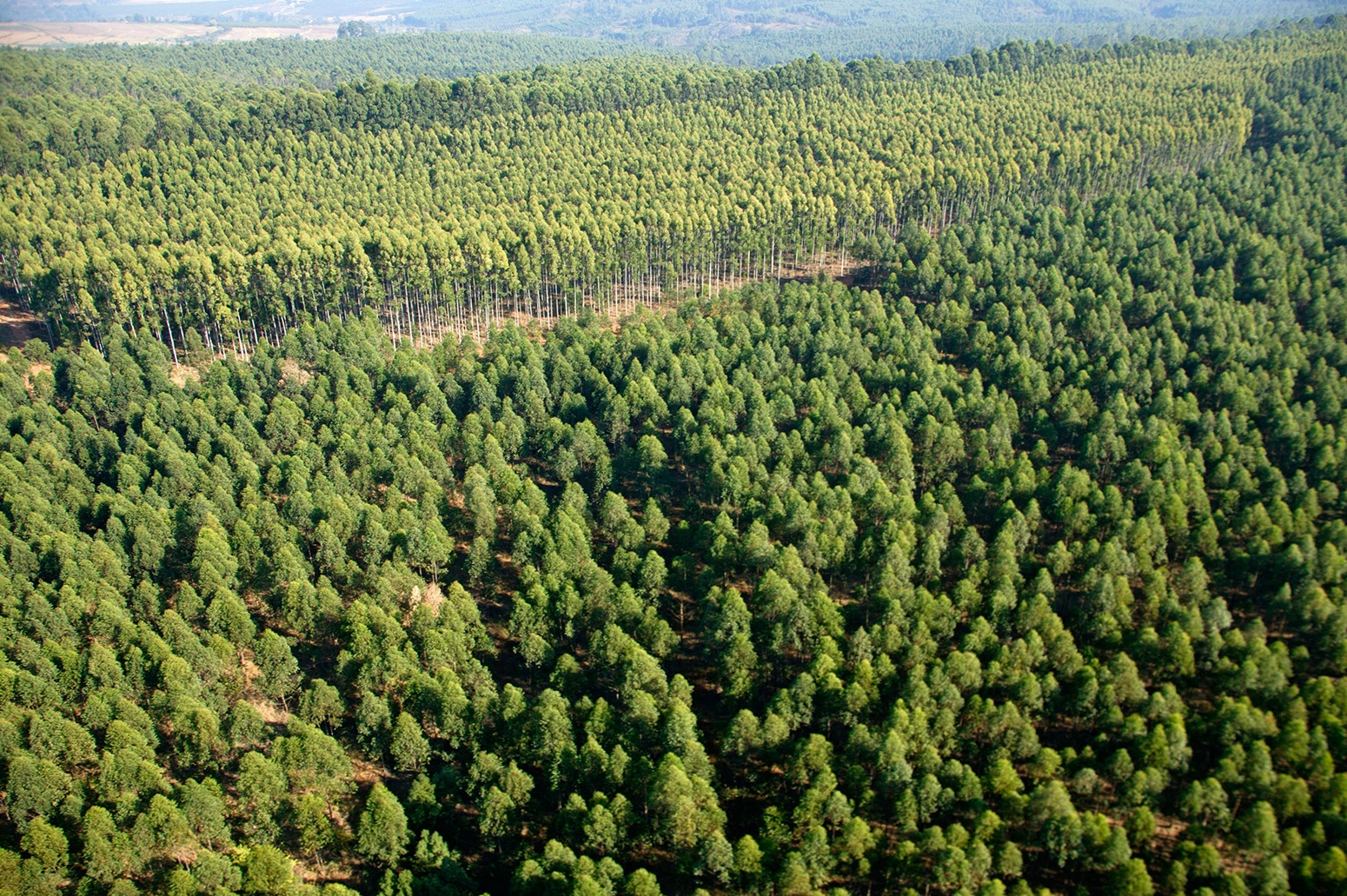Reducing the impacts of human-caused climate change through the use of bioenergy with carbon capture and storage – better known as BECCS – could have major consequences for wildlife, forests and water resources, a new study shows.
The large-scale conversion of existing land to BECCS plantations could cause global forest cover to fall by as much as 10% and biodiversity “intactness” to decline by up to 7%, the lead author tells Carbon Brief.
And the introduction of solar geoengineering could also threaten wildlife, a second study shows. The new research finds that implementing – and then not sustaining – such a technology could cause global temperatures to rebound rapidly, leaving many species unable to cope with the sharp change in conditions.



To be fair, releasing sulfur aerosols to emulate volcanic winter isn’t the only type of geoengineering, just the easiest one